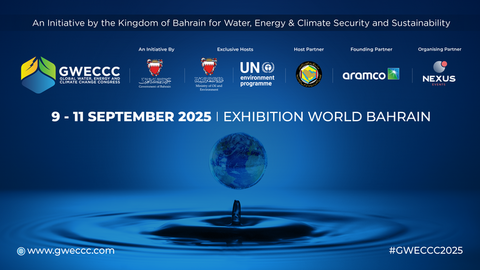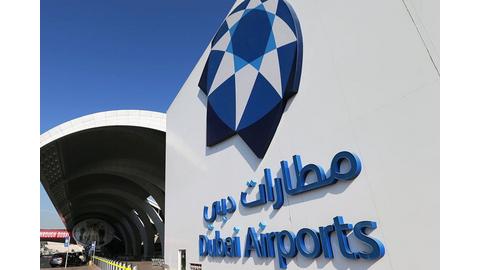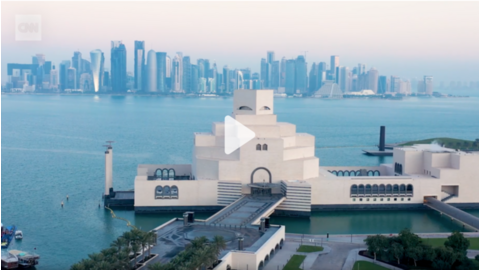Health tourism push planned

BAHRAIN is striving to become a medical hub by promoting itself as a destination for patients from around the world.
It is already studying niche segments to attract health visitors to the country.
A conference and exhibition focusing on Bahrain’s future in medical tourism was also opened yesterday by Supreme Council for Health president Lieutenant General Dr Shaikh Mohammed bin Abdulla Al Khalifa.
The Bahrain Medical Tourism and Investment Conference and Exhibition featured keynote addresses from Lt Gen Dr Shaikh Mohammed, National Health Regulatory Authority (NHRA) chief executive Dr Mariam Al Jalahma and health Ministry Under-Secretary Dr Waleed Al Manae, who spoke on behalf of Health Minister Faeqa Al Saleh.
Lt Gen Dr Shaikh Mohammed said health tourism was one of the most important items on the agenda of the 2016-2025 National Health Strategy.
“This conference is an opportunity to introduce the latest national initiatives aimed at strengthening the health sector, foremost of which is the National Health Insurance Programme which aims to improve the quality and efficiency of health services,” said Dr Lt Gen Shaikh Mohammed.
“We must take advantage of the excellent medical capabilities that Bahrain possesses to enhance its position on the tourism map by providing advanced treatment services at competitive prices.
“Especially in light of a number of private hospitals obtaining international and local accreditation certificates and implementing quality assurance programmes, and the availability of modern medical technologies.”
The two-day conference also featured a panel discussion on ways to transform Bahrain into a medical tourism destination, which featured Dr Al Manae, Dr Janahi and Bahrain Chamber of Commerce and Industry health committee member Dr Noor Janahi.
On the sidelines of the conference Dr Janahi told the GDN that Bahrain had three main qualities that could help it attract patients: Its location, quality of doctors and government initiatives.
“First, Bahrain has a good geographic location that can attract people from all over the GCC and the Middle East,” she said.
“It’s very easy to get to and as I said before – and I keep on insisting on this asset because this is what brings Bahrain to the top level of health tourism, which is the quality of ethical, non-commercial, good, genuine Bahraini doctors in the country.
“The third thing that you have is the initiative from the country – the government, the private sector, all these organisations have one goal.
“They all want health tourism to happen, they want to take Bahrain to the next level, so when you have these three together all you need is teamwork.
“We need to start internally, first of all we need to build the infrastructure for Bahrain to be able to build health tourism.
“You cannot just go buy health tourism and bring it and make it in the country, you have to fix all the problems that the health sector and private sector is facing.
“You have to tackle all these challenges, build trust, build the trust of Bahraini patients as well – there’s no point in having health tourism in the country if your Bahraini patients are travelling to get treatment.
“If you managed to build a good solid infrastructure that will make Bahrain medical tourism last for a good number of years, forever, not like something you pick it up once and next year it will drop.
“It has to be sustainable and then you can attract patients from Bahrain, Dubai and all over the GCC and the Middle East as well.”
Regarding challenges, Dr Janahi stated Bahrain needed to address things like medicine availability and control of locations for private healthcare centres.
She also revealed a study was being conducted with Tamkeen to find a niche for Bahrain in health tourism, identifying specialties that are not just lacking in Bahrain, but in the GCC in general.
Source: http://www.gdnonline.com/Details/555997


